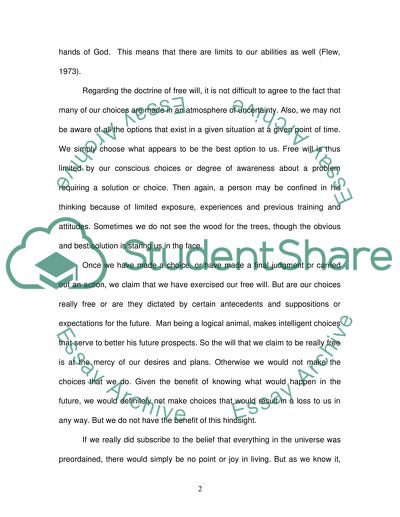Cite this document
(“Free Will and Psychology Research Paper Example | Topics and Well Written Essays - 2750 words”, n.d.)
Retrieved de https://studentshare.org/psychology/1391246-free-will-and-psychology
Retrieved de https://studentshare.org/psychology/1391246-free-will-and-psychology
(Free Will and Psychology Research Paper Example | Topics and Well Written Essays - 2750 Words)
https://studentshare.org/psychology/1391246-free-will-and-psychology.
https://studentshare.org/psychology/1391246-free-will-and-psychology.
“Free Will and Psychology Research Paper Example | Topics and Well Written Essays - 2750 Words”, n.d. https://studentshare.org/psychology/1391246-free-will-and-psychology.


